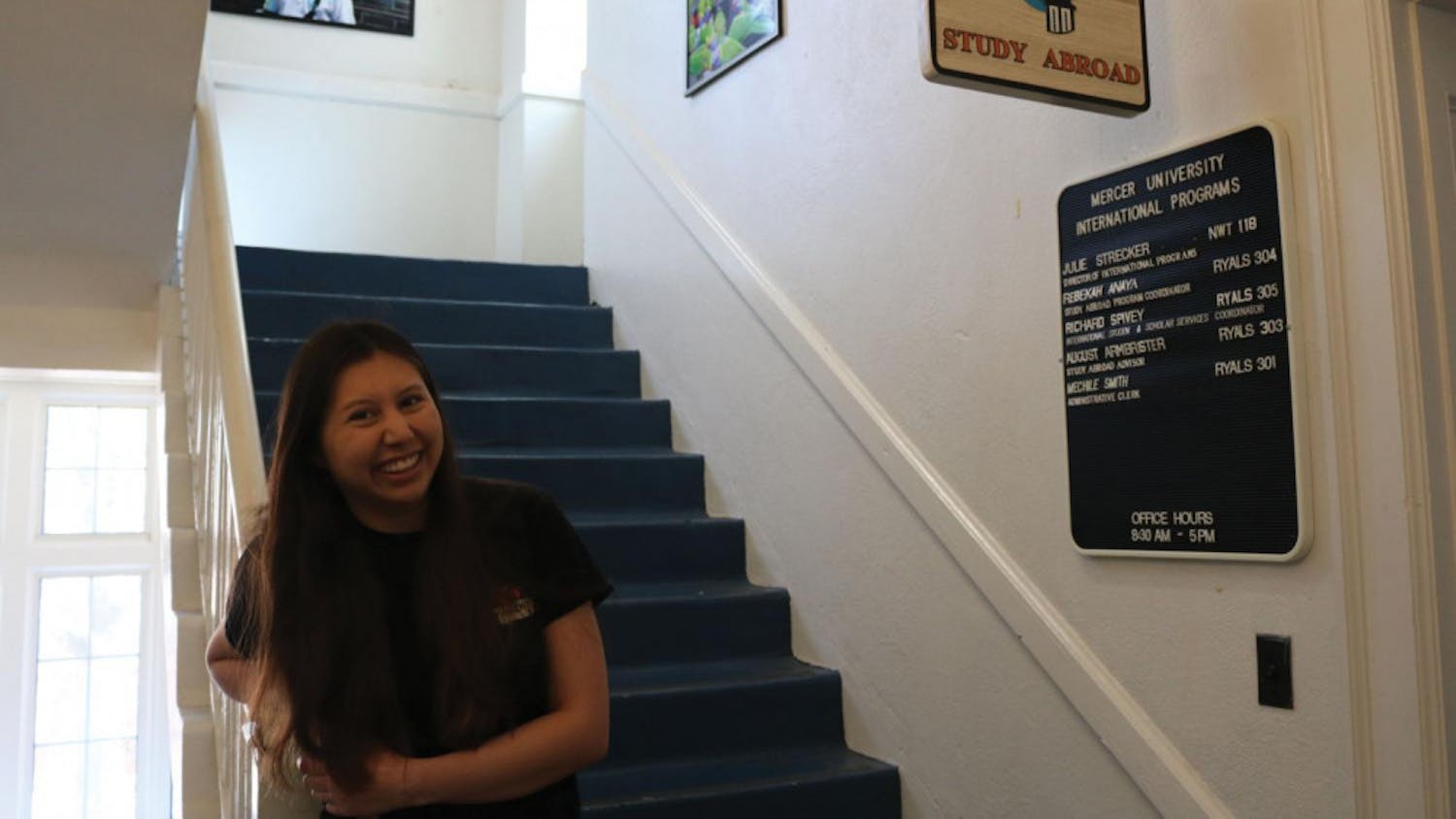I’m writing to you, fellow travelers, from the town of Stratford-upon-Avon. Our group has been on a tour de Shakespeare today: here in Stratford, we’ve visited his wife’s house, his daughter’s house, his birthplace and his grave. We’re rounding off the day by attending a production of Macbeth by the Royal Shakespeare Company. Currently I’m sitting on a stone wall outside the theater, right on the Avon River, feeling very British with my elderflower cordial and Cornish pasty (dinner) as I watch the Stratford swans bite each other. (Seriously, swans are mean little suckers.)
Sadistic waterfowl aside, today has been very enjoyable and gloriously interesting. I mean, maybe the Bard doesn’t tickle your fancy, but as an English major and Shakespeare nut I’ve been in nerd heaven. Getting to see where Shakespeare lived, walk where he walked, touch what he might have touched—it’s been a little bit overwhelming.
You’re laughing at my hero worship, aren’t you? Well, maybe it is a little funny, but I’m willing to bet that you do it too. It’s a universal thing, I think, to have someone (or multiple people) whom we venerate so much that any connection we can claim—even one as simple as visiting their hometown—becomes something that we treasure. We elevate sports icons, actors and politicians to that level of admiration. The nerdier among us choose writers, artists, musicians, scientists, inventors—you name it, really. We indulge our admiration of these people with autographs, souvenir T-shirts, jerseys and a commitment to memorizing everything they ever said, did or wrote.
So I’m perfectly normal, thank you very much, for being utterly enthralled when I walked through the apple orchard at Anne Hathaway’s cottage and when we passed the newly-begun excavations of Shakespeare’s adult home. I just couldn’t put myself in Shakespeare’s shoes; I couldn’t establish the connection.
That is, until we visited his gravesite in Holy Trinity Church. Looking at the stone slab marking the spot, all I could think was an inarticulate Whoa. Just a few feet away and a few feet down lay the dust and bones of the famed man. I stood across from the stone and read his last words from the grave:
Good friend for Jesus’s sake, forbear
To dig the dust enclosed here.
Bless’d be the man that spares these stones,
And curs’d be he that moves my bones.
All day our various tour guides had been jokingly telling us that if we felt the sudden urge to burst out into poetry, we might have unwittingly stumbled across a pocket of Shakespeare’s residual brilliance. Last Friday I went to The Eagle and Child, C.S. Lewis and J.R.R. Tolkien’s favored pub, for a similar reason—the far-fetched hope that I could tap into some well of talent they had left behind, to claim it for my own. It’s a silly thing we do, expecting that we can somehow become more like the people we admire by mimicking their old actions, visiting their old haunts. In fact, by doing so we actually miss out on the real significance of these little pilgrimages.
The real wonder of visiting Shakespeare’s grave was realizing that we weren’t really different at all. Our circumstances differ, but the processes by which people live and die are universal and timeless. Francis Warner, one of our program directors, likes to say that Shakespeare started writing a play the way we typically start writing our essays: by himself, staring at a blank sheet of paper (or, for us, Word processor page), perfectly cognizant of a looming deadline and dearly wishing the vexing thing would just write itself. That’s what I thought about as I read and reread the epitaph Shakespeare composed for himself, and the human connection made the Bard seem so close that I might have just missed him rounding the corner.
Well, fellow travelers, the sun is setting and the play is about to start. I’m about to take my leave of the swans I’ve been feeding (I hope it’s okay for them to eat Twix bars...) so that I can enjoy the production. Our Oxford tutorials are about to start soon as our introduction course ends, so more on that later. Until next time, happy travels!




